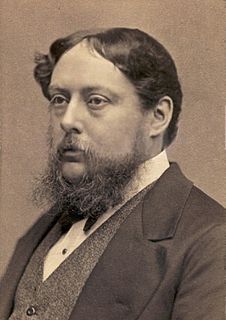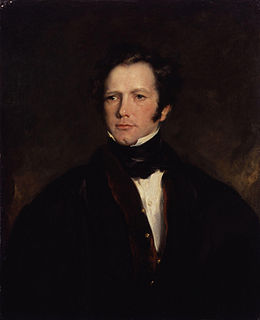A Quote by Hannah More
We are apt to mistake our vocation by looking out of the way for occasions to exercise great and rare virtues, and by stepping over the ordinary ones that lie directly in the road before us.
Related Quotes
If your heart tells you something but your mind tells you something else, which do you believe? Both are just as apt to lie. In fact, they play at deceit all the time. Mostly they balance each other, giving us that crucial reality check. But what happens on the rare occasions when they conspire together?
All we have to believe with is our senses, the tools we use to perceive the world: our sight, our touch, our memory. If they lie to us, then nothing can be trusted. And even if we do not believe, then still we cannot travel in any other way than the road our senses show us; and we must walk that road to the end.
Our virtues themselves are not free and floating qualities over which we retain a permanent control and power of disposal; they come to be so closely linked in our minds with the actions in conjunction with which we have made it our duty to exercise them that if we come to engage in an activity of a different kind, it catches us off guard and without the slightest awareness that it might involve the application of those same virtues.
I mean a man whose hopes and aims may sometimes lie (as most men's sometimes do, I dare say) above the ordinary level, but to whom the ordinary level will be high enough after all if it should prove to be a way of usefulness and good service leading to no other. All generous spirits are ambitious, I suppose, but the ambition that calmly trusts itself to such a road, instead of spasmodically trying to fly over it, is of the kind I care for.
You must realize that it is the ordinary way of God's dealings with us that our ideas do not work out speedily and efficiently as we would like them to. The reason for this is not only the loving wisdom of God, but also the fact that our acts have to fit into a great complex pattern that we cannot possibly understand. I have learned over the years that Providence is always a whole lot wiser than any of us, and that there are always not only good reasons, but the very best reasons for the delays and blocks that often seem to us so frustrating and absurd.
From youth to middle, and often to past middle, age, most men are apt to be too closely engaged in the struggle of life to pay due attention to the strength of the body. They may take daily what they consider a sufficient amount of exercise; but the exercise is not calculated to keep the various limbs and muscles, still less the internal organs, in proper working order. Amid the ordinary concerns of life the man may appear strong, even stalwart. But when occasion arises for some special muscular exercise, or taxing the action of some organ, he finds out his weakness.
I'm afraid that we all make mistakes. One of the things that defines our character is how we handle mistakes. If we lie about having made a mistake, then it can't be corrected and it festers. On the other hand, if we give up just because we made a mistake, even a big mistake, none of us would get far in life.





































